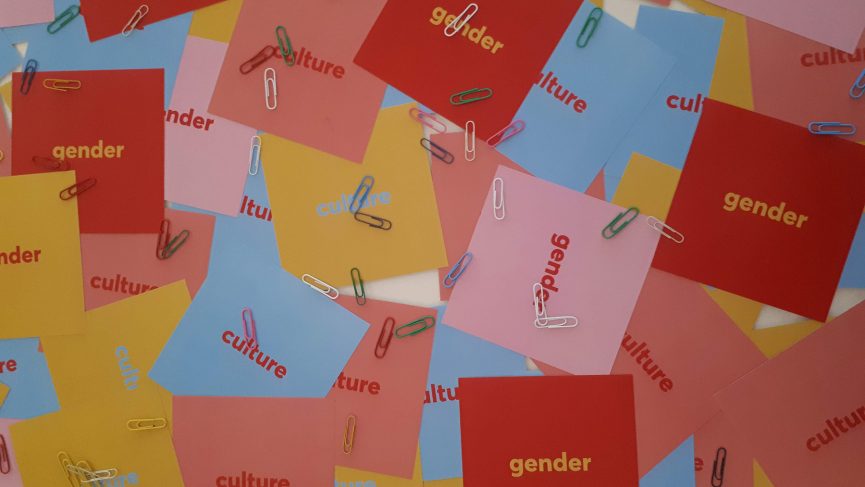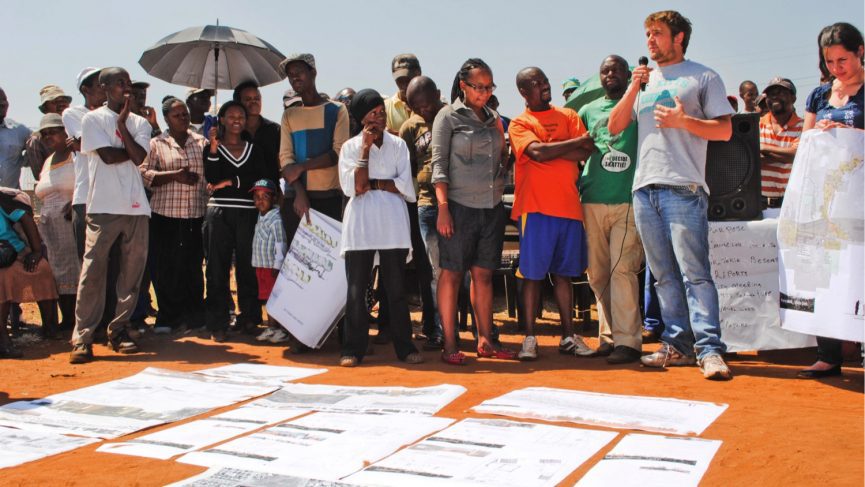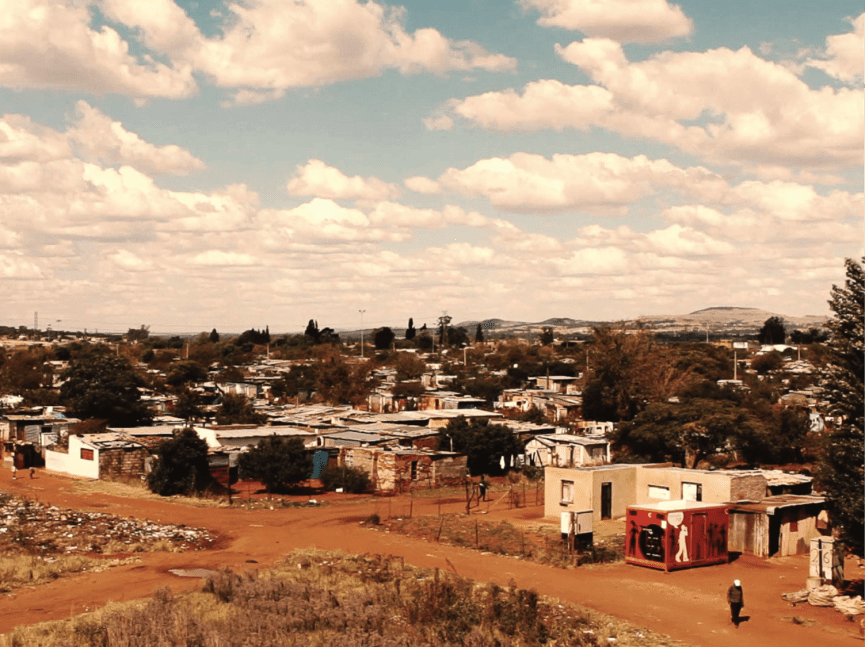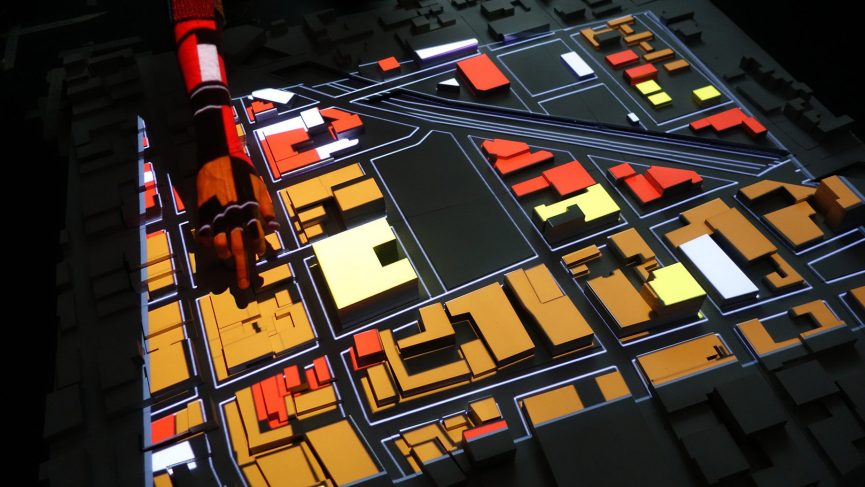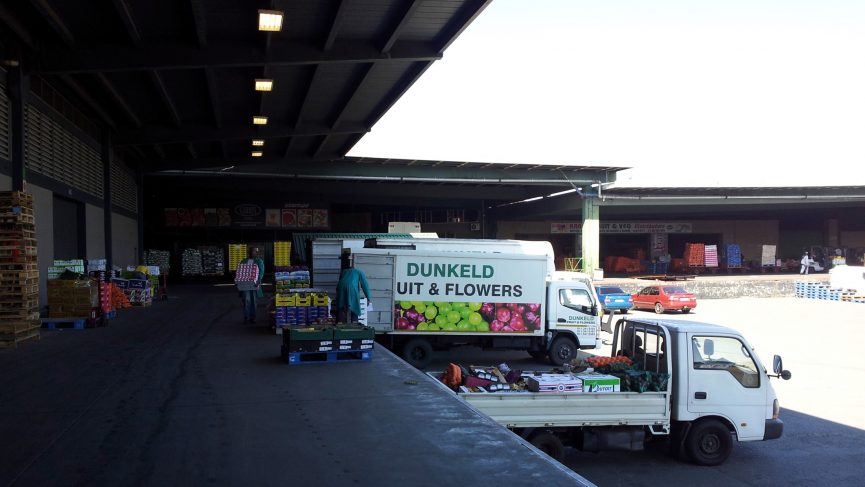2018 – Current | Unequal Stories
Unequal Stories: Researching Gender Equality in Design Disciplines was a collaborative research project funded by the Global Challenges Research Fund between the University of Falmouth (UK) and the University of Johannesburg DSD DESIS Lab. Co-researchers in the project include myself; Ashton Moseley, Lecturer, Dept of ID, UJ; Kimberly Bediako, Lecturer, Dept of Fashion, UJ; Prof David Prior, Director of Research, Falmouth University; Dr Robyn Cook, Senior Lecturer and Course Leader, MA Communication Design, Falmouth University; Bryan Clarke, Head of Graphic Design, Falmouth University; and Dr Laura Hodsdon, Research Fellow, Falmouth University. Overview: Funded by the Global Challenges Research Fund, this research project between the United Kingdom (Falmouth University) and South Africa (University of Johannesburg) was a cross-national comparison that aimed to investigate gender equality, diversity and representation in the design disciplines in higher education and industry. This investigation included quantitative/statistical data analysis as well as a qualitative narrative inquiry of ... Read More
